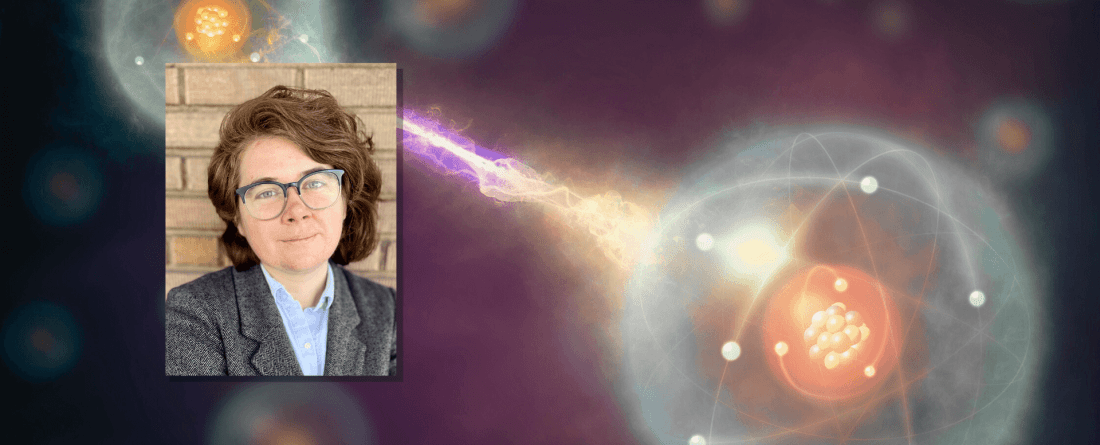
Dr. Lindsay Rand, Fellow at the Center for International Security and Cooperation (CISAC) at Stanford University.
Registration for this event is not required but is appreciated (for planning purposes).
Students and faculty interested in joining Lindsay Rand for a post-talk chat in Thurgood Marshall Hall, please reach out to Devin Entrikin at dentrik@umd.edu.
Event Description
When and how could technological advances undermine nuclear deterrence? Recent scholarship asserts that new remote sensing technologies may soon provide the capabilities needed to detect, track, and precisely target the delivery systems that constitute a nuclear-armed state’s second- strike capabilities. If true, this would have profound consequences for nuclear force structure planning and arms control. Even if such predictions are not technically feasible, exaggerated expectations generated by strategic interests or social influences could still negatively impact acquisition and force structure decisions critical to strategic stability and arms control policy. However, there has been remarkably little detailed, technical analysis to verify, refute, or qualify these claims. Furthermore, there is a lack of consensus around what type of capability would truly render a second strike vulnerable, injecting ambiguity into and ultimately constraining efforts to anticipate the disruption of new technologies.
This research informs these gaps through a mixed, sociotechnical approach. First, it provides a technical assessment of the likelihood that new sensing methods will significantly enhance accuracy in applications critical for targeting second-strike capabilities (i.e., the detection and tracking of nuclear submarines, and inertial navigation to improve missile accuracy). Second, it considers strategic narratives and social dynamics that have historically shaped conceptions of vulnerability used to justify second strike requirements. In doing so, it also identifies factors that are informing current debates over deterrence and mutual vulnerability requirements amidst technological innovation and yields a more dynamic set of policy recommendations aimed at deflating hype and mitigating arms-racing risks. This more integrated method for assessing how new technologies will impact nuclear deterrence is especially important as concerns over a great power competition reinvigorate interest in strategies that promote rapid technology innovation.
Speaker Bio
Dr. Lindsay Rand is a fellow at the Center for International Security and Cooperation at Stanford University (CISAC). Rand was a Stanton predoctoral fellow in the Nuclear Policy Program at the Carnegie Endowment for International Peace. In her time at UMD, she was also the instructor of record for an undergraduate nuclear policy course and the Catherine Kelleher research fellow at the Center for International and Security Studies at Maryland (CISSM). She also has experience working as an adjunct research associate at the RAND Corporation, a research associate at the Center for Global Security Research at Lawerence Livermore National Lab, a NSF fellow on the DHS Science and Technology Directorate quantum technology task force, and a research intern at the Naval Research Laboratory.
Rand's research draws on her interdisciplinary background in physics and policy to explore how social, political, and technological changes have contributed to the cyclical reconception of "vulnerability" in nuclear strategy and policymaking. In her dissertation, she analyzed the implications for nuclear deterrence due to quantum sensing, and leveraged technical analyses and historical case studies of previous emerging technologies to develop an integrated socio-technical analytic framework.
